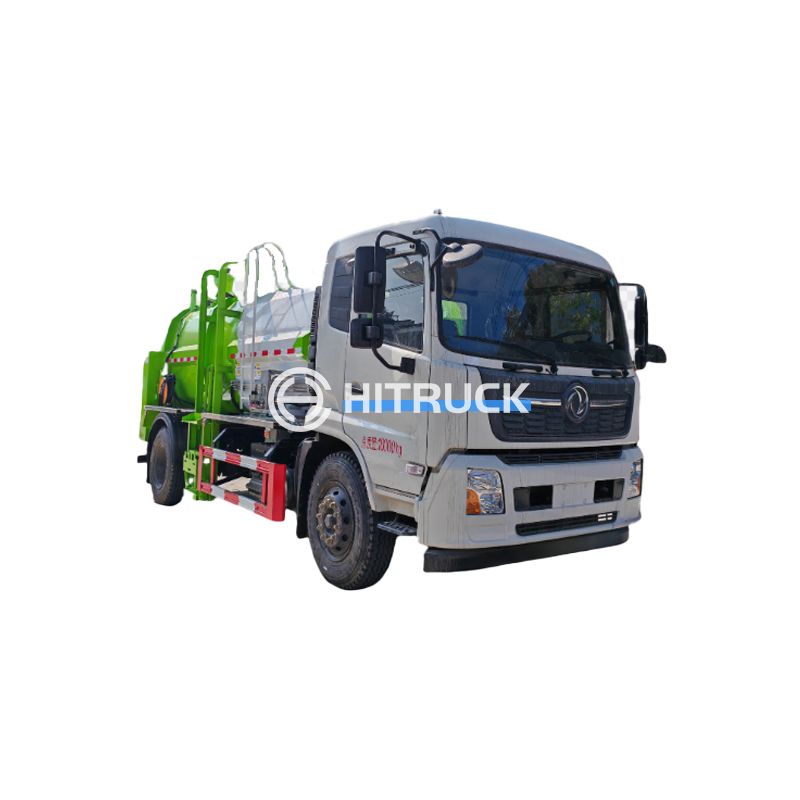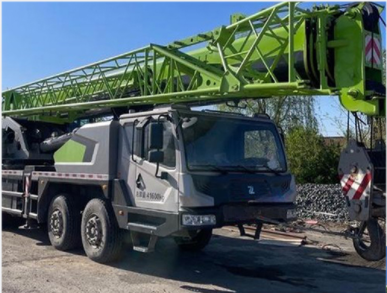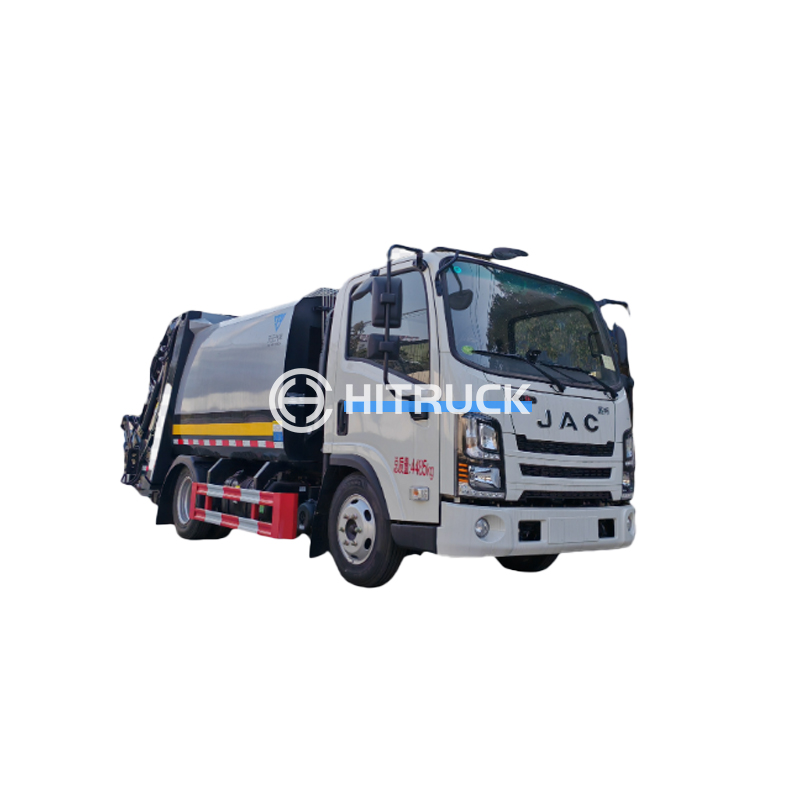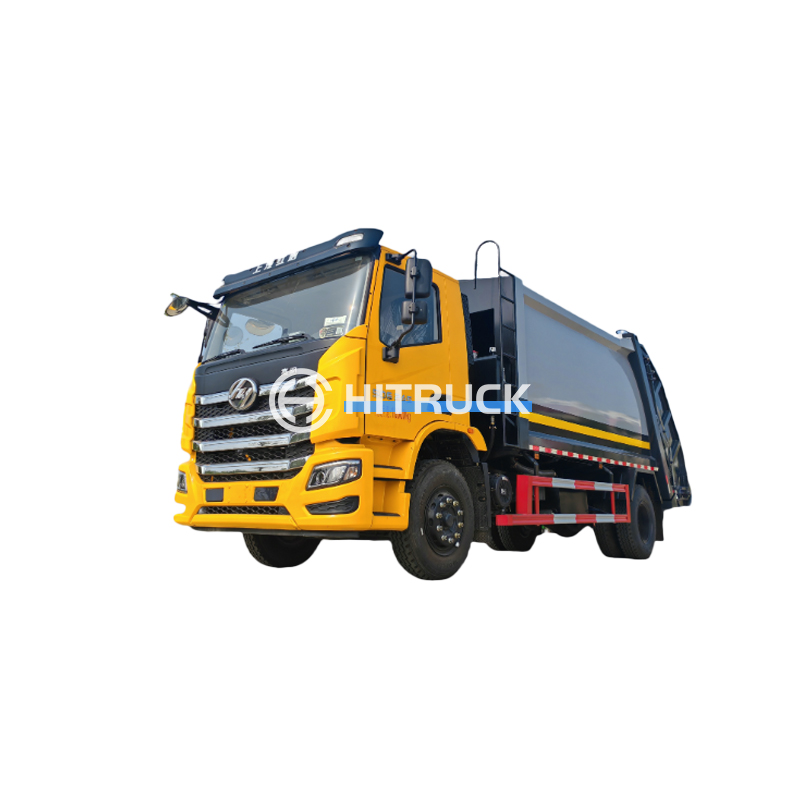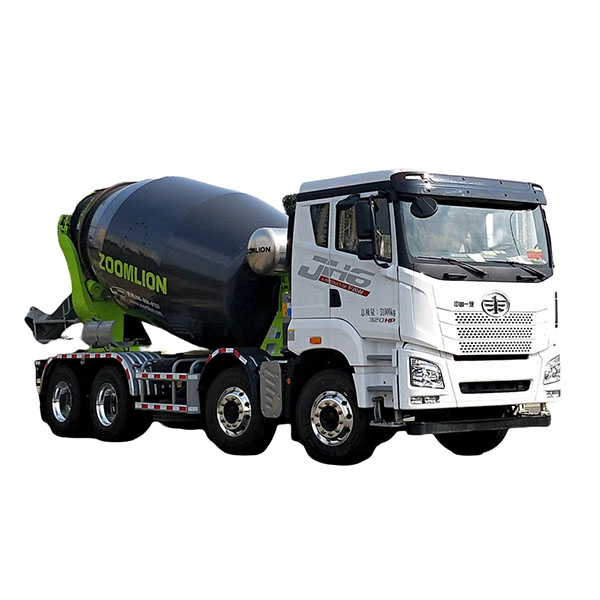Commercial Water Tanker: A Comprehensive GuideThis guide provides in-depth information on commercial water tankers, covering types, applications, maintenance, and regulations. Learn about choosing the right tanker for your needs and ensuring its safe and efficient operation.
The demand for efficient and reliable commercial water tanker solutions is consistently growing across diverse industries. From construction sites requiring large volumes of water for mixing concrete to municipalities needing dependable water delivery systems for emergency situations and agricultural applications needing irrigation, a robust commercial water tanker is crucial. This comprehensive guide will walk you through everything you need to know about selecting, maintaining, and operating these vital pieces of equipment.
Stainless steel commercial water tankers are known for their durability and resistance to corrosion. This makes them ideal for transporting potable water and other liquids requiring high hygiene standards. They are typically more expensive than other options but offer a longer lifespan, reducing long-term costs. These tankers are frequently used for municipal water supply and food-grade liquid transportation.
Polyethylene tankers offer a lighter-weight and more cost-effective alternative to stainless steel. They are less prone to rust but can be susceptible to damage from impact. Polyethylene tankers are often utilized for applications where weight is a significant consideration, such as off-road transport or use in areas with restricted weight limits. Their suitability may depend on the liquid being transported.
Fiberglass commercial water tankers provide a balance between cost and durability. They are relatively lightweight and resistant to corrosion, making them suitable for a variety of applications. However, they may be more susceptible to damage than stainless steel. Fiberglass is a common choice for applications requiring both strength and a relatively lighter weight compared to steel tankers.
Selecting the appropriate commercial water tanker requires careful consideration of several factors. These include:
Regular maintenance is essential to ensure the longevity and safe operation of your commercial water tanker. This includes regular inspections, cleaning, and repairs as needed. Adhering to local and national regulations concerning vehicle maintenance and the transportation of liquids is crucial. Failure to do so can result in significant penalties.
For a wide selection of high-quality commercial water tankers, consider exploring options from reputable suppliers. You can research online to find companies specializing in the sale and distribution of commercial vehicles and equipment. For example, you might want to check out the inventory at Suizhou Haicang Automobile Sales Co., LTD, a company known for its diverse range of trucks and specialized vehicles.
| Material | Cost | Durability | Weight | Corrosion Resistance |
|---|---|---|---|---|
| Stainless Steel | High | Excellent | High | Excellent |
| Polyethylene | Low | Good | Low | Good |
| Fiberglass | Medium | Good | Medium | Good |
Remember to always prioritize safety and compliance when operating a commercial water tanker. Regular maintenance and adherence to regulations are key to ensuring efficient and safe operations.

